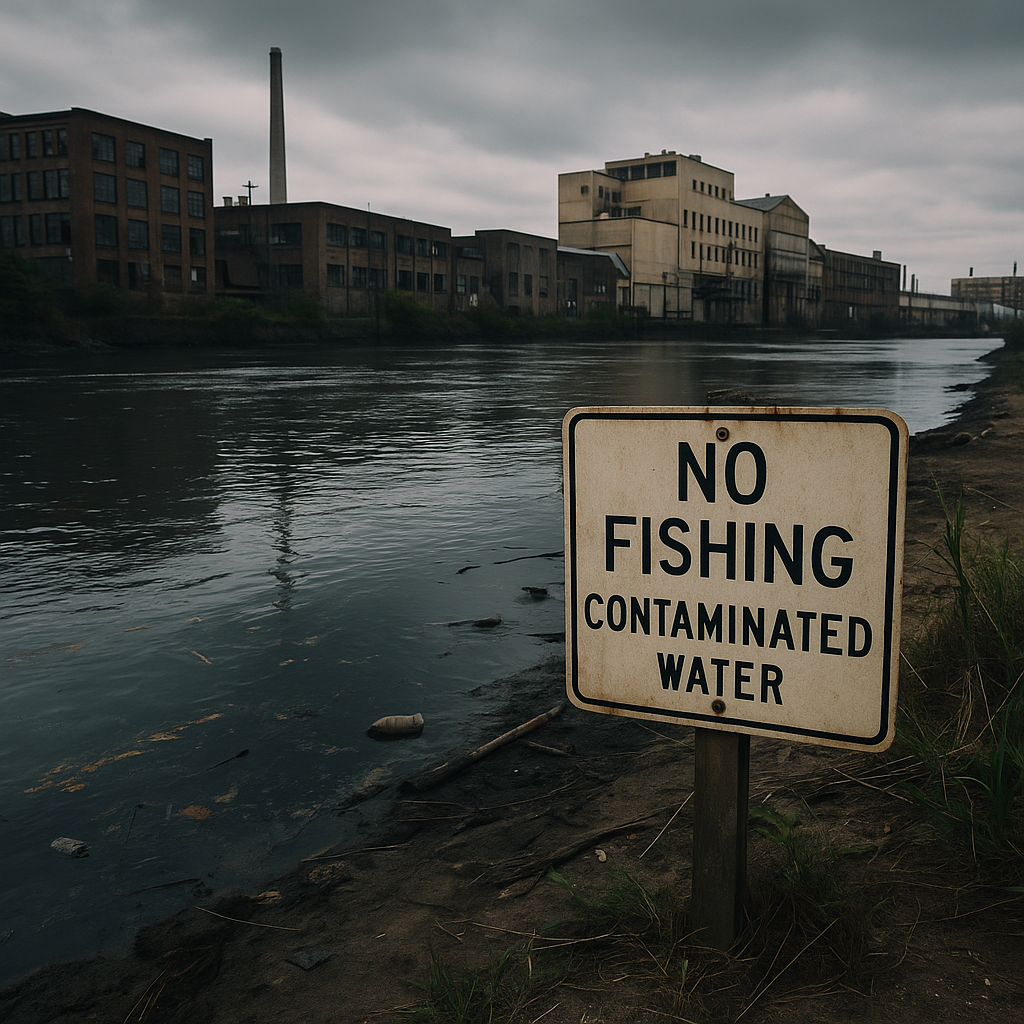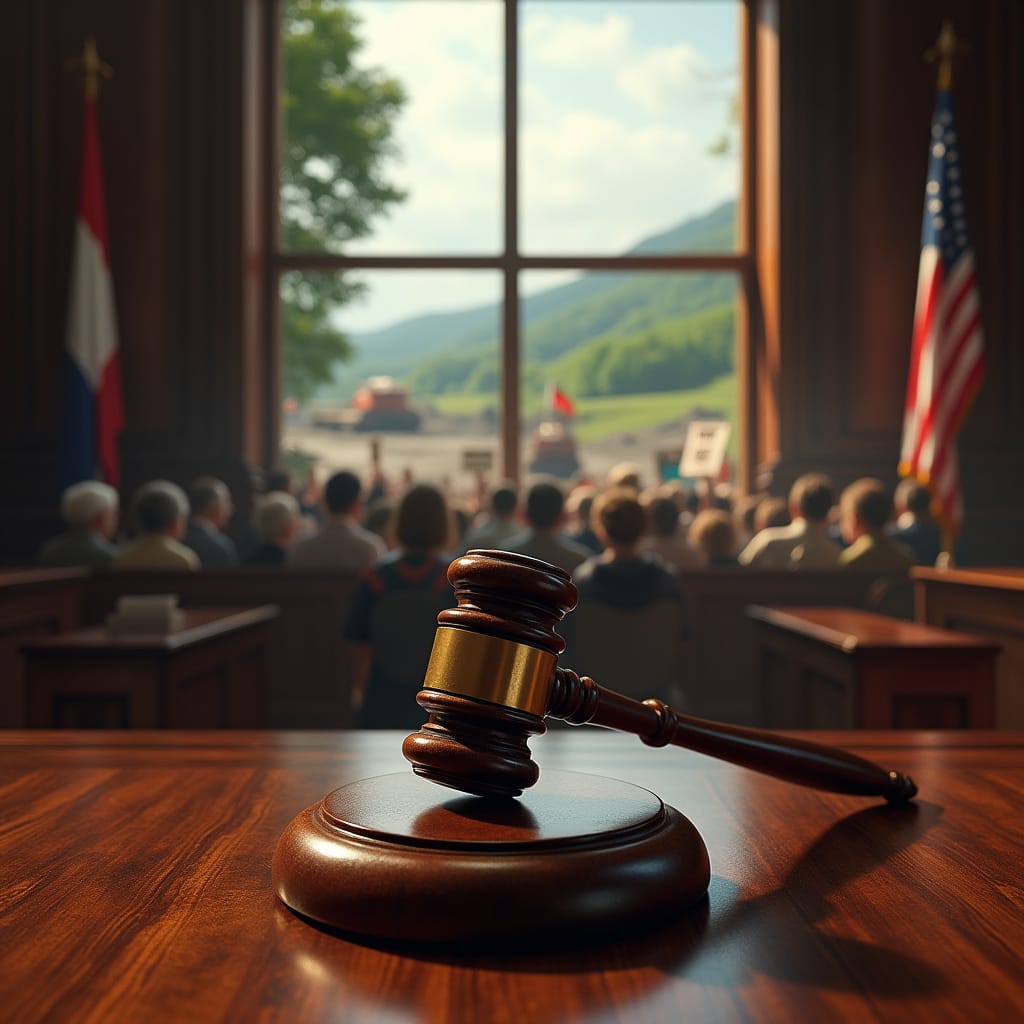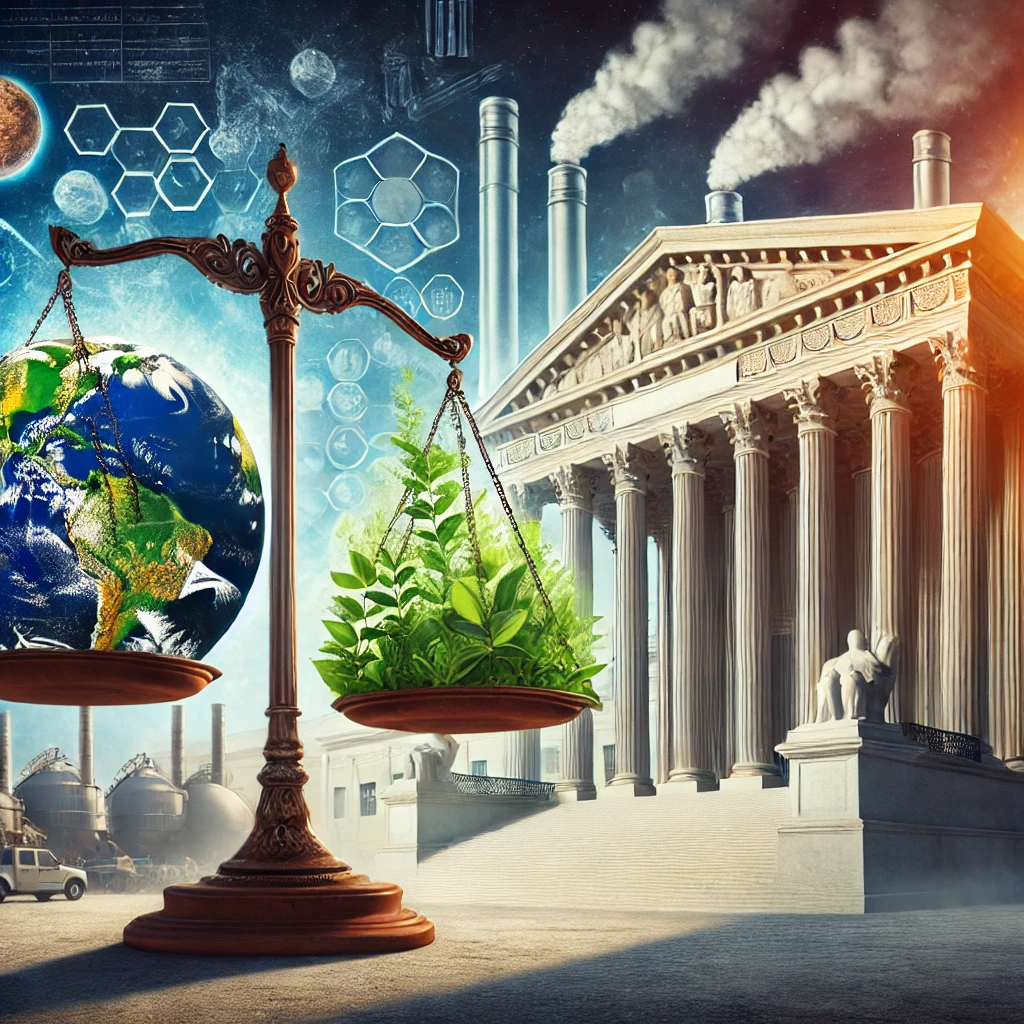Pharmacy Chain Faces Multi-State Action After Medication Interaction Caused Fatalities
A growing number of lawsuits have been filed against one of the nation’s largest pharmacy chains after reports that a dangerous medication interaction caused multiple deaths. The allegations point to a breakdown in the systems designed to protect patients from harmful drug combinations, raising questions about how pharmacies monitor prescriptions across state lines.
At the center of the claims is a series of incidents where patients were given prescriptions for drugs that, when taken together, produced toxic reactions. Families argue that the pharmacy chain had data systems capable of flagging the risk but failed to issue warnings to pharmacists or physicians. They claim the company prioritized speed and convenience over patient safety, leading to tragic outcomes.
Pharmacies occupy a unique position in the healthcare system. They are the final checkpoint before medication reaches the patient. When a pharmacist fills a prescription, they have both a legal and ethical duty to identify potential interactions, verify dosages, and contact the prescribing doctor if concerns arise. In this case, plaintiffs say those safeguards broke down.
The lawsuits fall under the area of product liability and professional negligence. Product liability typically targets manufacturers, but when a pharmacy fails to exercise proper care, it can share in the responsibility. The law does not allow companies to hide behind technology or policy when human lives are at risk.
Defendants in these cases often argue that responsibility lies with the prescribing physician, not the pharmacy. They may claim that the doctor should have known about the potential conflict between medications. But modern pharmacy software is built to catch exactly these kinds of errors. If the system fails or alerts are ignored, the pharmacy can be held directly accountable.
In some states, these lawsuits may also include claims of corporate negligence. That occurs when a company’s management or corporate policies contribute to the harm. For example, evidence might show that corporate leaders discouraged pharmacists from making extra verification calls to doctors because it slowed down service times. If proven, that kind of policy can support punitive damages, which are meant to punish and deter reckless business practices.
Beyond the legal issues, this case underscores a national concern about automation in healthcare. Pharmacies increasingly rely on centralized computer systems to approve, track, and refill prescriptions. While those systems improve efficiency, they also introduce new risks. When warnings are missed or overridden, the consequences can be deadly.
The families bringing these lawsuits hope their cases will push for reform. They want stricter oversight of pharmacy technology, stronger whistleblower protections for pharmacists, and better communication between doctors and pharmacy chains. Consumer safety advocates are also calling for an independent database to track medication-related injuries and deaths in real time.
For patients, the lesson is caution. Always review your prescriptions, ask about potential interactions, and confirm that each medication is necessary. Even large, trusted pharmacy chains can make dangerous mistakes. Patients who experience severe reactions should report them immediately to both their doctor and the pharmacy. Documentation, receipts, and communication records can become critical evidence later.
For pharmacies, the path forward requires balancing efficiency with safety. Relying on algorithms or automated systems does not replace professional judgment. Every filled prescription represents a promise that someone took the time to ensure it was safe. When that promise is broken, the law steps in to restore accountability.
As these multi-state lawsuits move forward, they may redefine how much responsibility pharmacies bear in preventing medication errors. The outcome could reshape industry standards and, most importantly, save lives by reinforcing what should have always been true, patient safety comes first.











